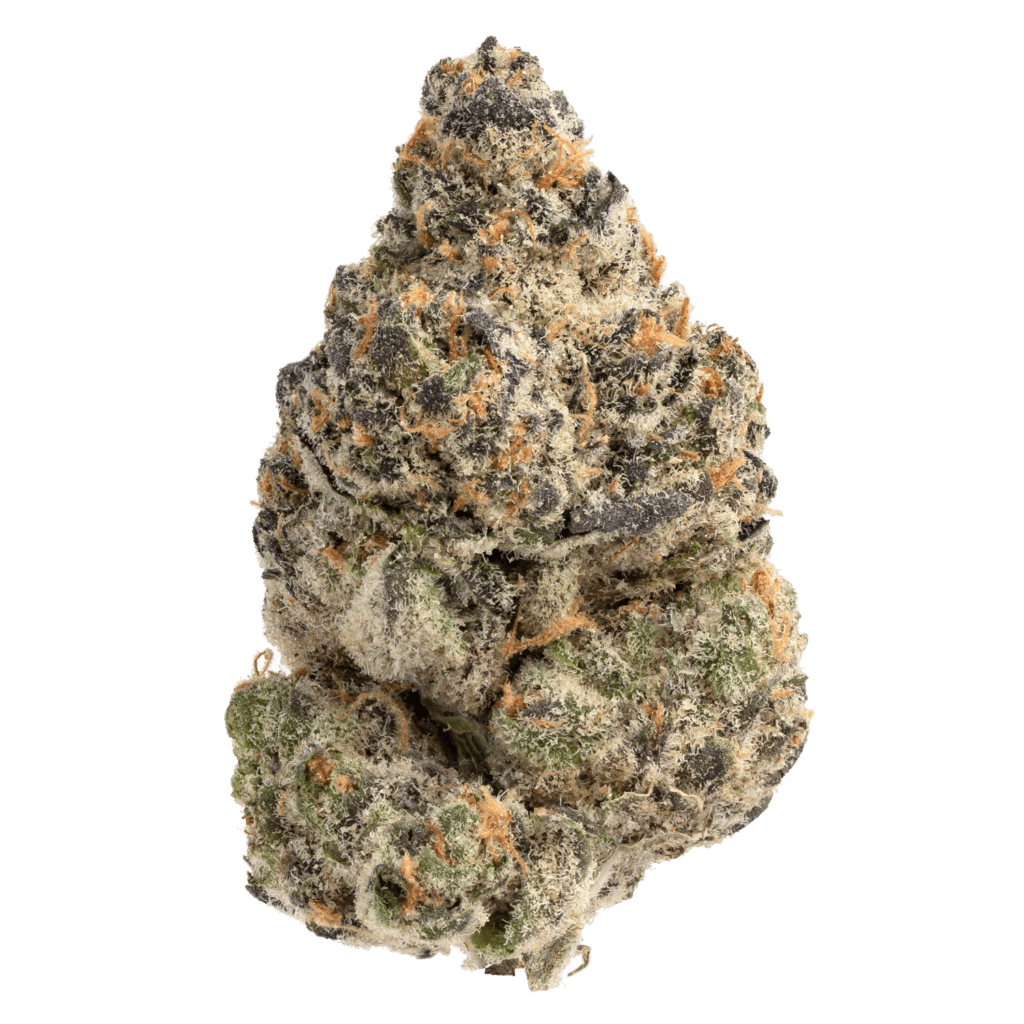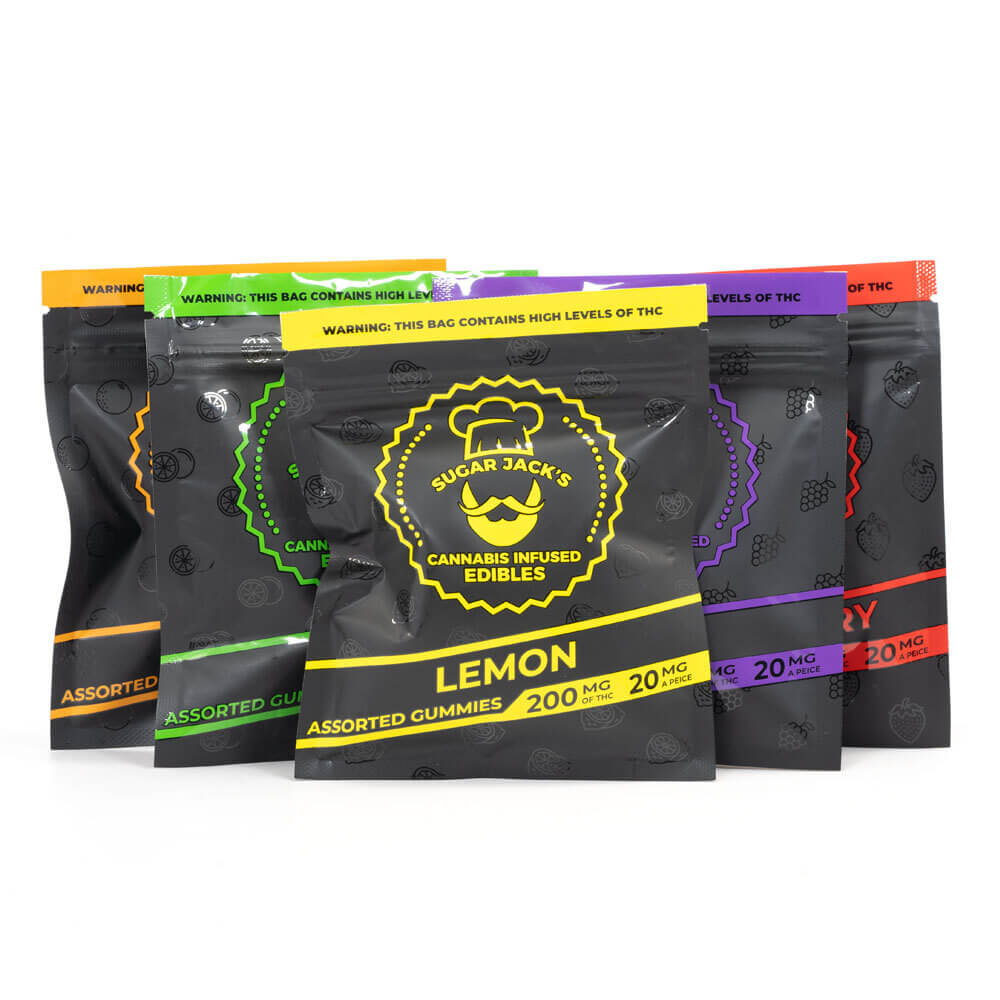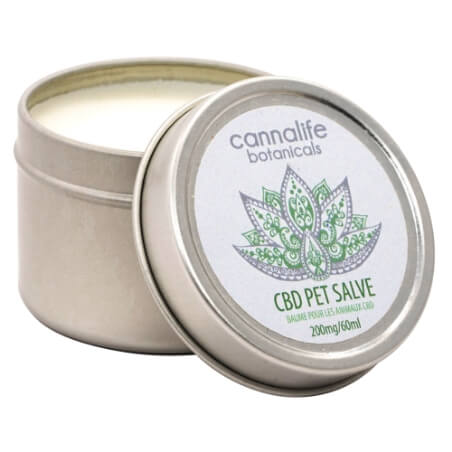No products in the cart.
CBC Oil: Side Effects, and What is it Used for?
1 Dec 2022

It’s not uncommon for people to be confused about what different types of oils are good for. With so many oils available on the market, it can be difficult to know what to use and how often. Each oil has a different usage and benefits, which is why it’s important to know what the different oils are good for. Cannabis-based cannabinoids or CBC oil is made from the hemp plant — specifically its seeds and stalk
This type of oil isn’t commonly made or sold in stores, but can have lots of benefits when consumed as a dietary supplement or topical remedy. Here are some helpful facts about what CBC oil is good for.
CBC vs CBD Oil: What’s the Difference?
Both CBD and CBC are created through a process of decarboxylation. While CBC and CBD almost share the same benefits, there are still a lot of things that set them apart.
One of which is that CBD has been widely studied for its potential neurological benefits, while CBC still lacks research.
The key difference between CBC and CBD is their interaction with TRV1 receptors. CBC interacts with receptor sites like TRPV1 in the nervous system, making it more useful for inflammatory diseases.
On the other hand, CBD links more with the 5-HT1A receptors, which is why it’s so widely used to alleviate chronic pain.
What Is Hemp?
Hemp is a variety of the Cannabis sativa plant species that doesn’t produce a significant amount of the cannabimoid tetrahydrocannabinol (THC) associated with marijuana. While hemp and marijuana come from the same plant species, they are very different varieties and have very different uses. CBC appears to work in conjunction with both THC and CBD.
Hemp is used for a variety of different products, including clothing, rope, paper, and food. Hemp seed oil is high in essential fatty acids, including omega-3 and omega-6 fatty acids.
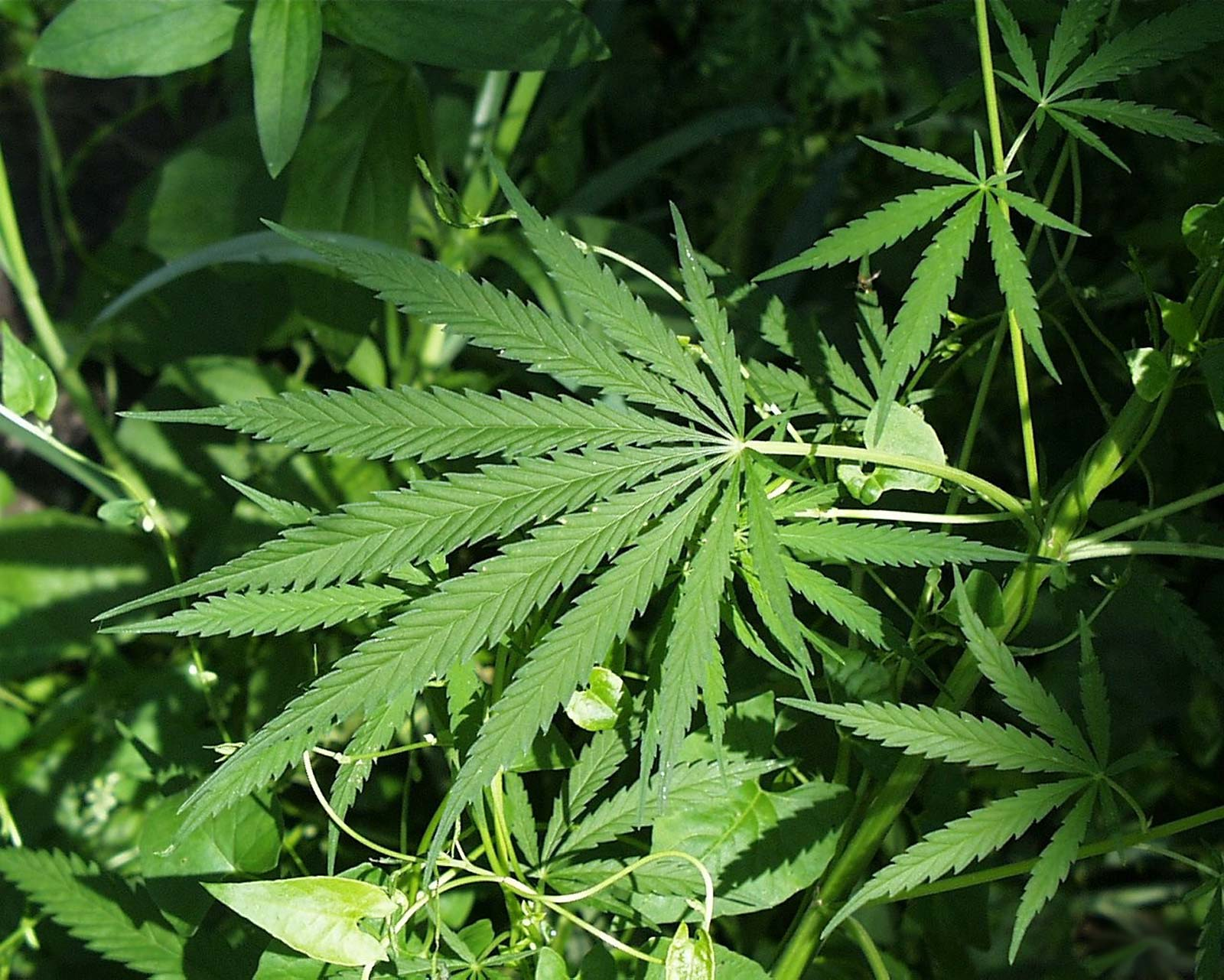
What Is CBC Oil?
CBC oil is a cannabis-based cannabinoid product made from the hemp plant. CBC is rich in CBD, CBG, and CBC, which are all cannabinoids found in hemp. It also has a small amount of trace minerals and vitamins. It is also rich in cannabinoids, but it has a very low THC content. CBC oil is often used as a dietary supplement to help regulate the body’s endocannabinoid system.
It’s also used topically to help with skin issues, including dermatitis, eczema, psoriasis, and acne. CBC oils can be infused into edible CBD products as well as any topicals. It can also used by some people to help with pain, inflammation, and sleep issues. You can try mixing CBC oil with MCT fatty acids to get more from your dose by increasing its bioavailability.
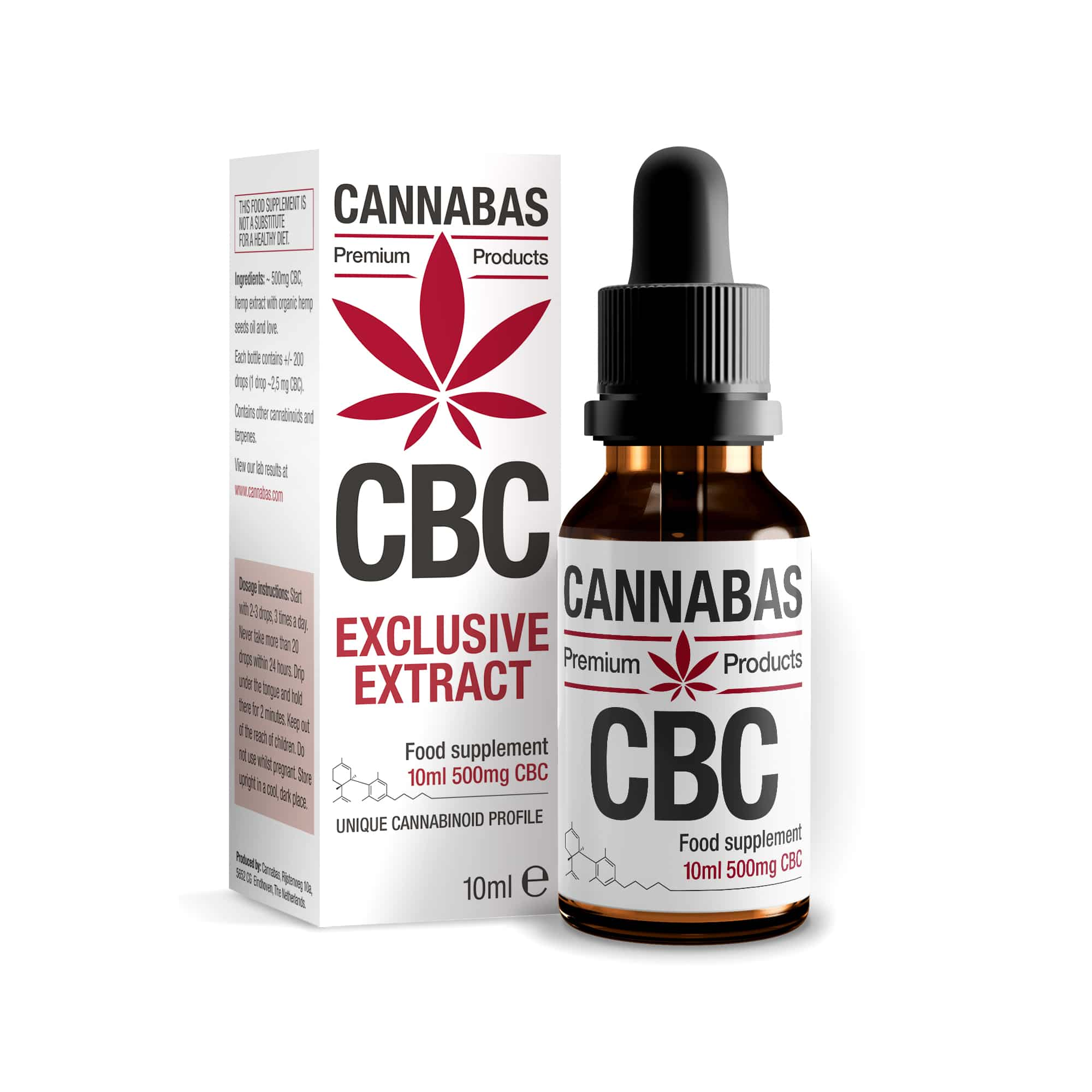
Check out our selection of Oils
Health Benefits of CBC Oil
CBC oil can offer many benefits when consumed as a dietary supplement or applied topically. Some of the potential benefits include:
– Pain relief – can be useful for pain caused by things like arthritis, headaches, back pain, or muscle spasms.
– Improved sleep – can help improve the quality of your sleep.
– Better skin – People who use CBC oil topically for skin issues like eczema, psoriasis, or acne often see improvements.
– Increased energy – Although it’s not meant as a stimulant, some people report that CBC oil can give them a boost of energy.
– Better mood – is often used to help regulate mood and treat symptoms of depression or anxiety.
How to Use CBC Oil
When consuming CBC oil as a dietary supplement, it’s important to read the directions on the bottle carefully.
Every oil product will have different recommended dosages.
Improve your mood, it may take a few weeks of consistent daily use before you see results.
Helping with pain, you may start to feel relief in as little as a few hours.
If you’re using oil to improve your sleep, you may start to notice results after several days of consistent nightly use.
If you’re using oil topically, you can apply it to affected areas as needed. Oil consumed this way works more like an edible – essentially, a slower onset of effects.

Side Effects of CBC Oil
CBC oil has very few side effects when consumed as a dietary supplement or applied topically. However, it’s important to note that ingesting or getting CBC oil in your eyes can cause serious side effects.
Some possible side effects of ingesting CBC oil include:
– Dry mouth – This can be resolved by drinking plenty of water.
– Nausea – If you feel nauseous after taking CBC oil, you may want to stop taking it.
– Dizziness – You can experience dizziness, it may help to sit down and avoid driving.
– Headaches – If you have headaches, you can try taking a break.
– Sleepiness – You may feel sleepy, it can help to take it at night before bed.
Final Thoughts
CBC oil is a cannabis-based cannabinoid product made from the hemp plant. CBC oil is rich in CBD, CBG, and CBC, which are all cannabinoids found in hemp. It also has a small amount of trace minerals and vitamins. Oil is often used as a dietary supplement to help regulate the body’s endocannabinoid system.
It’s also used topically to help with skin issues, including dermatitis, eczema, psoriasis, and acne. Your best bet in finding a great CBC oil product is to buy a CBC-rich, full spectrum CBD oil tincture from a reputable brand



